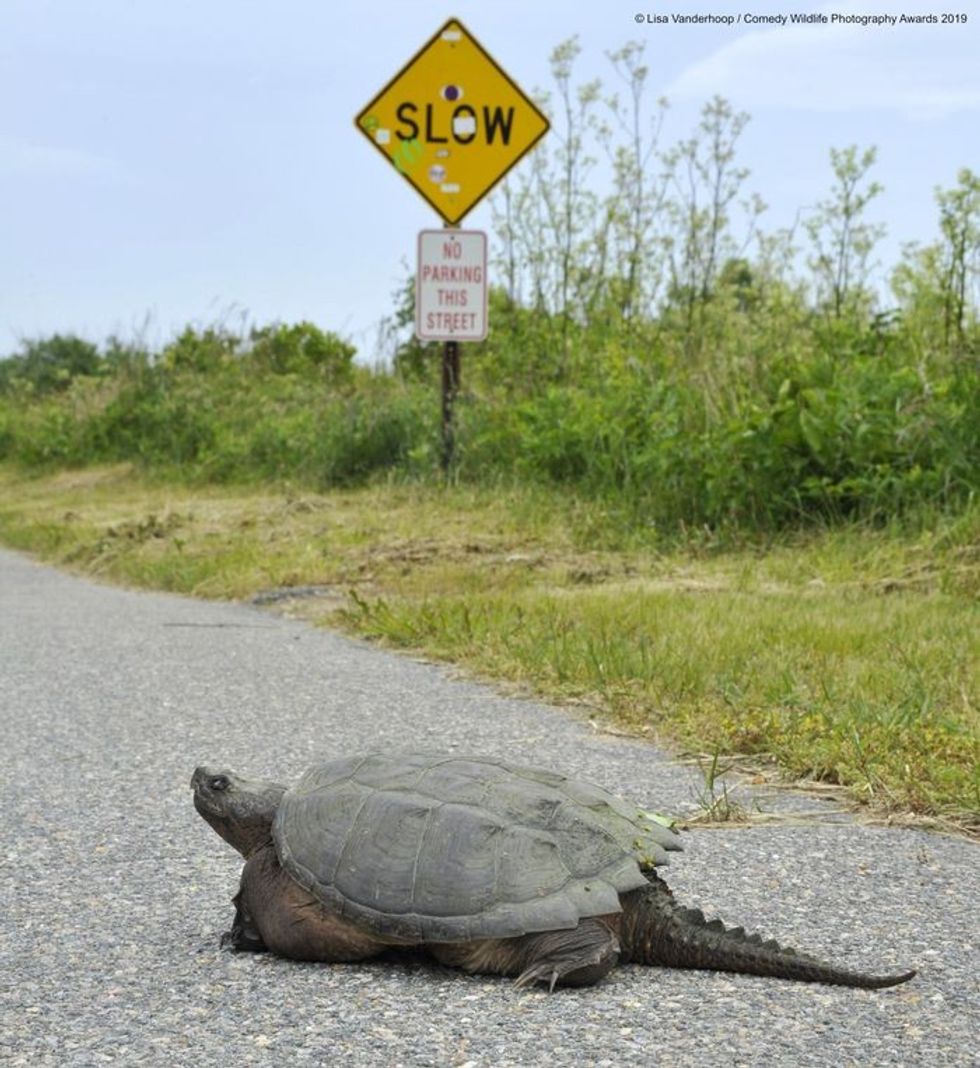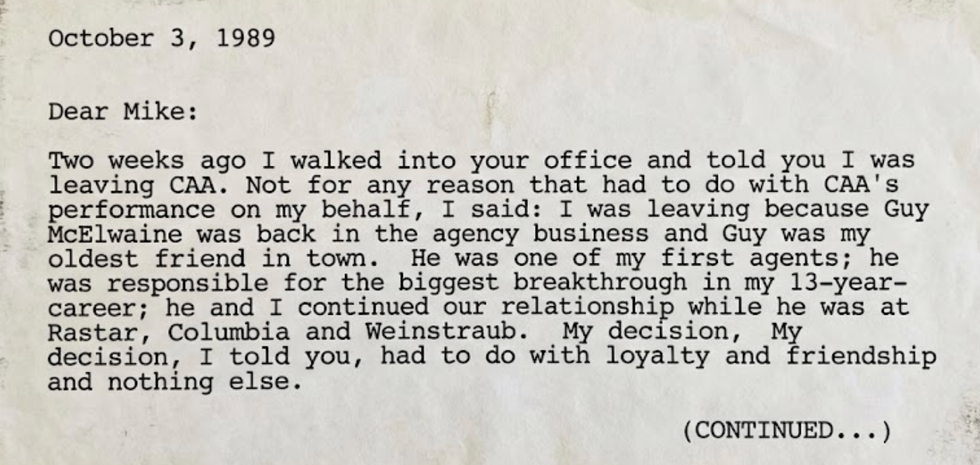There’s some good news and some bad news. When it comes to your diet, you’ve likely been doing everything wrong. On the bright side, you’ll never have to endure another pitiful juice cleanse again.
A guide recently published in the Journal of the American College of Cardiology aims to dispel some of the myths and misconceptions surrounding fad diet tips—notably the ones trying to deprive us of bread. According to the American College of Cardiology’s Prevention of Cardiovascular Disease Council, there are a few clear, scientifically substantiated guidelines when it comes to maintaining a healthy heart. Cutting through the noise are these simple do’s and don’ts.
Don’t …
Go on insane juice cleanses. Juicing strips your produce of ultra-healthy fiber, and many store-bought juices have added sugars. Sure, a little juice is refreshing every now and then, but don’t make it a dietary staple.
Go nuts with coconut oil. There isn’t much evidence yet to suggest coconut and palm oil are great for you to use on a routine basis, says the ACC. If you’re worried about your heart, olive oil will never let you down.
Waste money on supplements. No fancy powders compare to the real thing, which you can find in whole, healthy foods.
Panic about gluten. Unless a blood test reveals you have celiac disease or a gluten sensitivity, give up on your battle against bread. Life is too short for that.
Do …
Drink smoothies. Blending your fruits and veggies won’t lessen any of their fibrous benefits, and drinking them may keep you full longer than eating a plateful of produce.
Eat nuts. Moderation is key here, the ACC stresses, since nuts are high in calories.
Indulge with an egg. Like nuts, moderation is crucial to keeping your cholesterol levels low. To get all the health benefits, perhaps enjoy a hard-boiled egg in your salad and skip the bacon and cheese omelet.
Load up on berries. They’re chock-full of antioxidants and they’re nature’s candy.
In summary …
So there you have it. It’s not super trendy, groundbreaking advice, but the health standard holds true that a diet of green, leafy vegetables, whole grains, legumes, and fruit reigns supreme.
















 A young lion playing with an older animal
A young lion playing with an older animal A colorful bird appears to be yelling at it a friend
A colorful bird appears to be yelling at it a friend An otter appears like it's holding its face in shock
An otter appears like it's holding its face in shock Two young foxes playing in the wild
Two young foxes playing in the wild Two otters appear to be laughing together in the water
Two otters appear to be laughing together in the water A fish looks like it's afraid of the shark behind it
A fish looks like it's afraid of the shark behind it A bird appears to be ignoring their partner
A bird appears to be ignoring their partner A squirrel looks like it's trapped in a tree
A squirrel looks like it's trapped in a tree A bear holds hand over face, making it appear like it's exhausted
A bear holds hand over face, making it appear like it's exhausted A penguin looks like its trying to appear inconspicuous
A penguin looks like its trying to appear inconspicuous A young squirrel smells a flower
A young squirrel smells a flower An insect appears to be smiling and waving at the camera
An insect appears to be smiling and waving at the camera An otter lies on its side apparently cracking up laughing
An otter lies on its side apparently cracking up laughing Two monkeys caught procreating
Two monkeys caught procreating A young chimp relaxes with its hands behind its head
A young chimp relaxes with its hands behind its head A snowy owl appears to be smiling
A snowy owl appears to be smiling  A monkey holds finger to face as if it's lost in thought
A monkey holds finger to face as if it's lost in thought A turtle crossing the road under a 'slow' sign
A turtle crossing the road under a 'slow' sign A polar bear lies on its back like it's trying to hide
A polar bear lies on its back like it's trying to hide A rodent strikes human-like pose
A rodent strikes human-like pose
 An excerpt of the faxCanva
An excerpt of the faxCanva

 Robert Redford advocating against the demolition of Santa Monica Pier while filming "The Sting" 1973
Robert Redford advocating against the demolition of Santa Monica Pier while filming "The Sting" 1973


 Image artifacts (diffraction spikes and vertical streaks) appearing in a CCD image of a major solar flare due to the excess incident radiation
Image artifacts (diffraction spikes and vertical streaks) appearing in a CCD image of a major solar flare due to the excess incident radiation